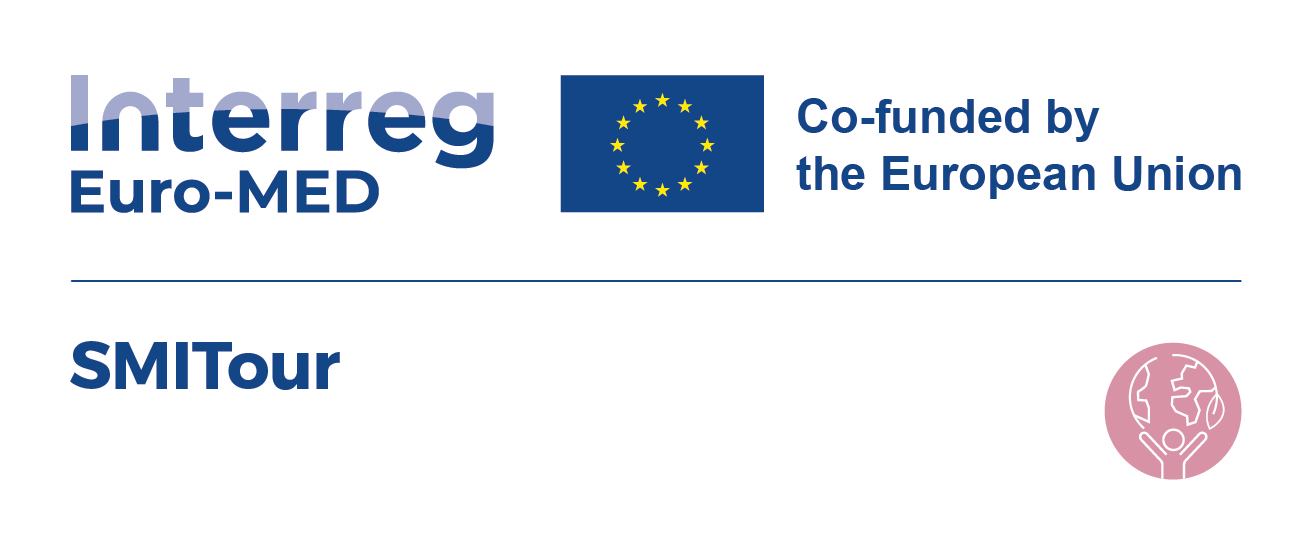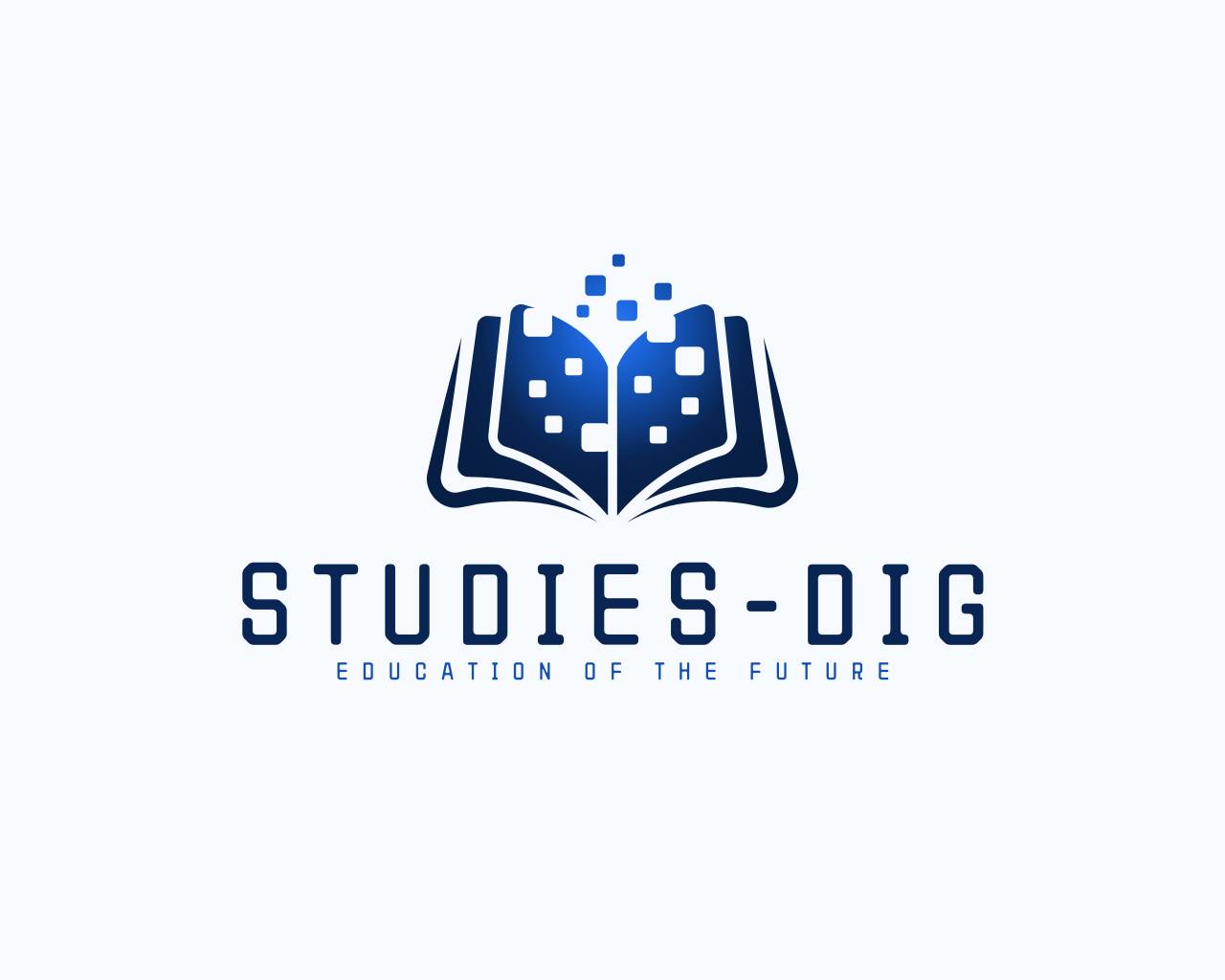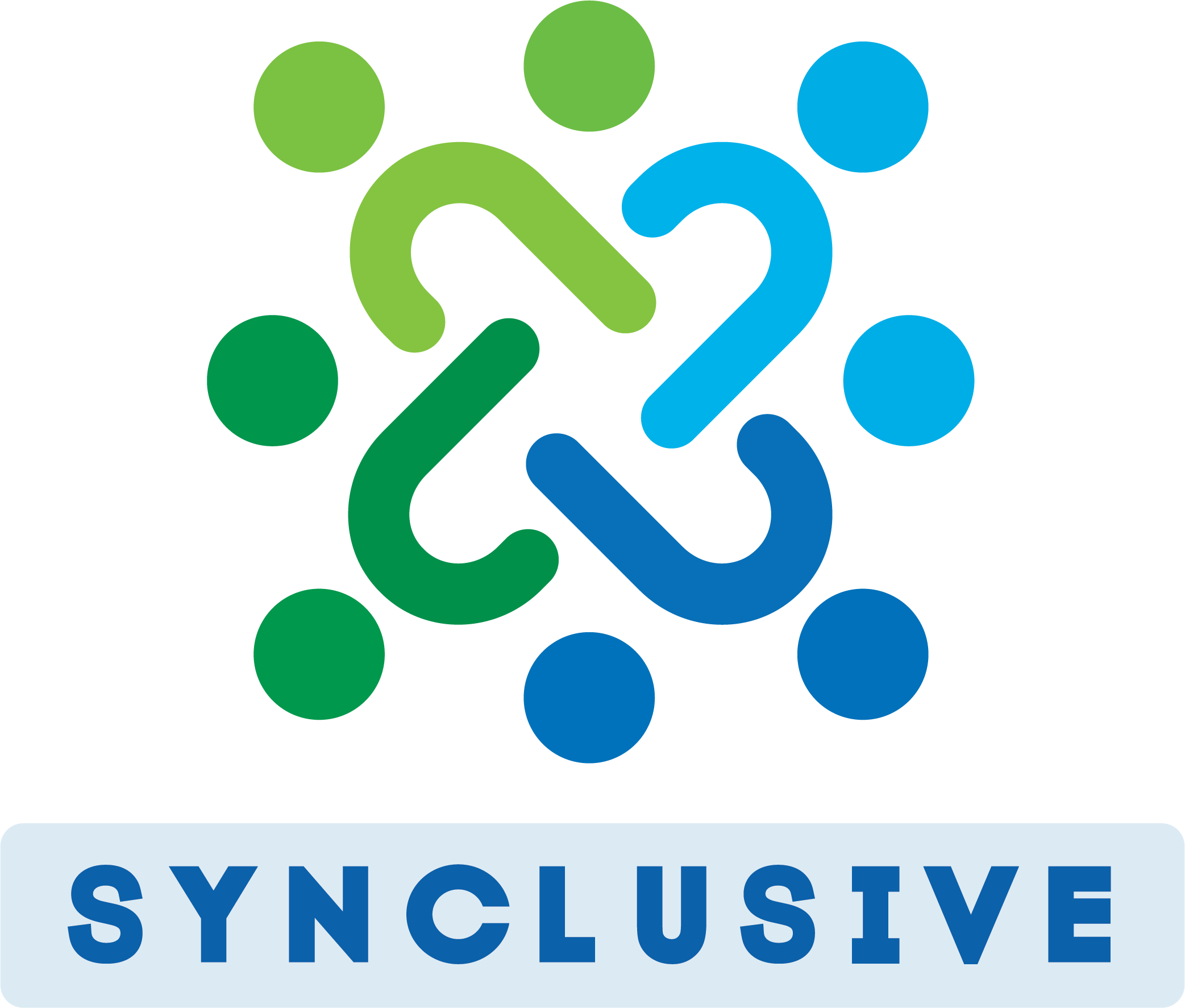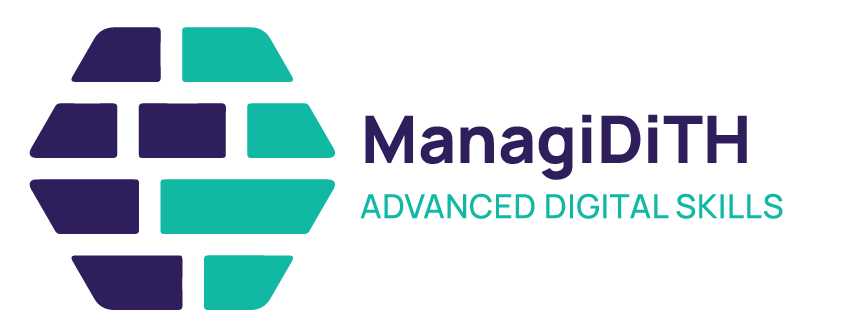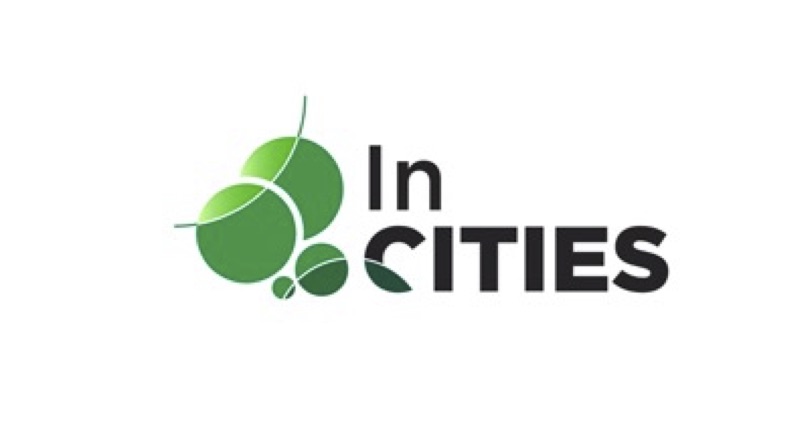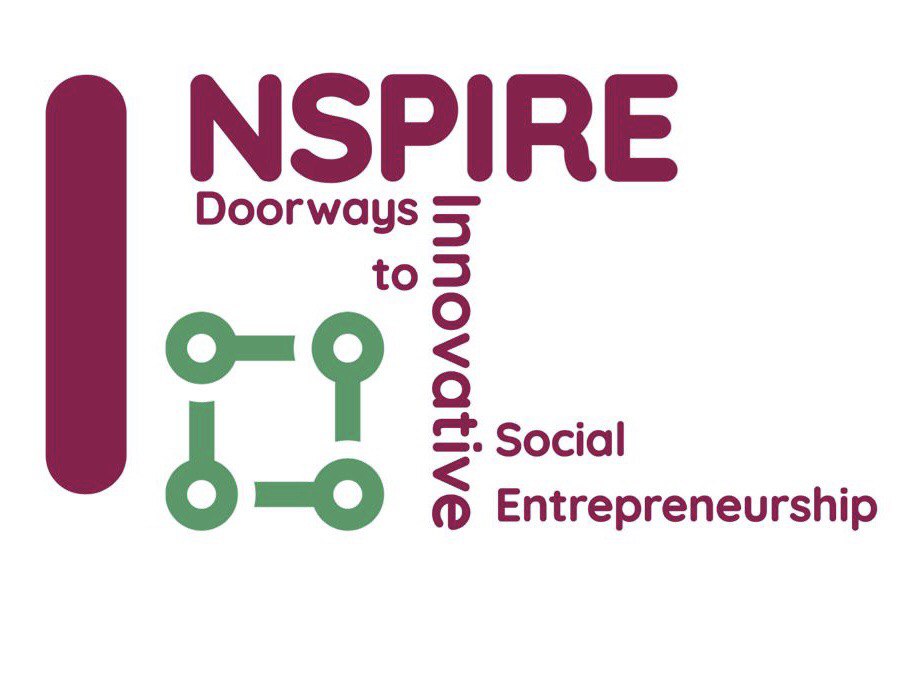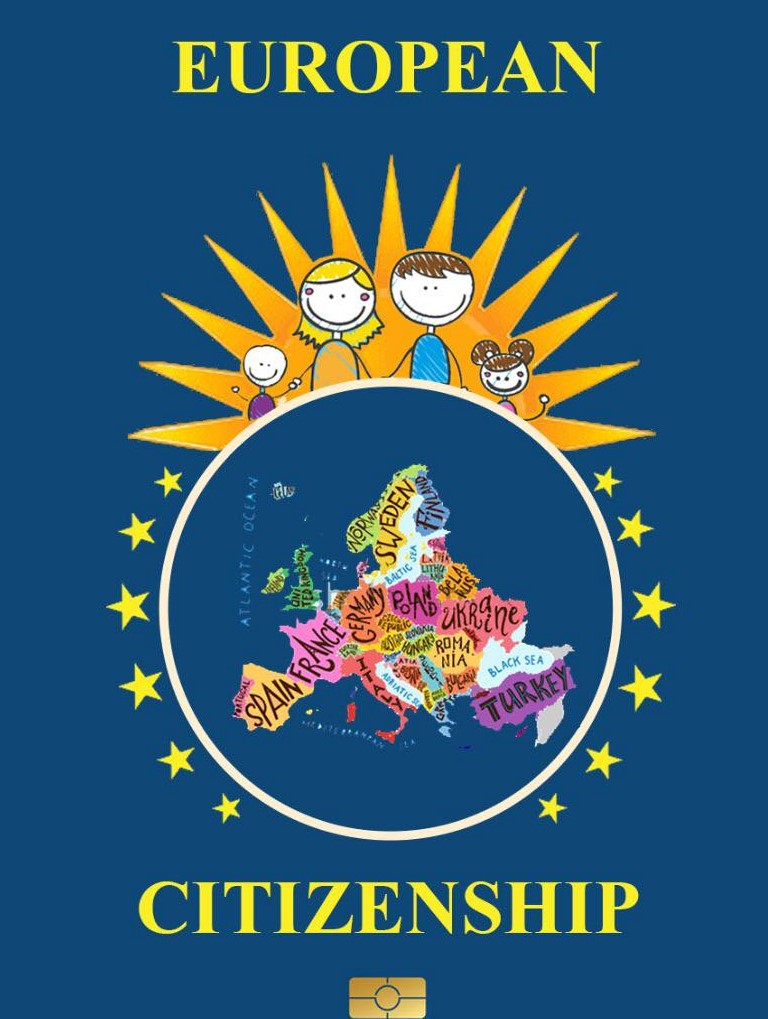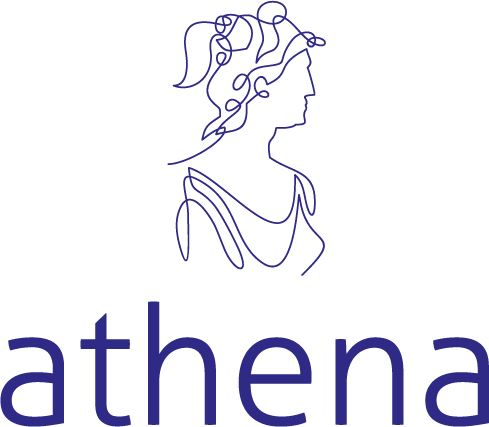SMART-PATH: Scalable Framework for Sustainable Mobility and Proximity Policies in Regional Urban Systems for a Post-COVID Era
Investigadora
The already established consortium of Aston University (UK), University College London (UK), Ruralis University (Norway), University of Turin (Italy), and University Institute of Lisbon (Portugal) will seek funding from the EU's ‘100 Climate-Neutral and Smart Cities by 2030’ initiative. Our proposal includes developing a scalable tool to evaluate and guide urban mobility policies, supporting sustainable development and the 15-minute city concept, especially post-COVID-19. This tool will analyze mobility's complex nature, integrating environmental sustainability and regional urban system characteristics like geography and demographics. AIenhanced, it will assess impacts on affordability and accessibility, providing localized insights. We seek pumpprimingfunds for two residential workshops at Aston University to solidify collaboration, complete application writing, and establish a proof of concept
Informação do Projeto
2025-04-01
2026-03-31
Parceiros do Projeto
- BRU-Iscte (Gestão)
- RU - (Noruega)
- UNIVERSITY COLLEGE LONDON - (Reino Unido)
- ASTON UNIVERSITY - Líder (Reino Unido)
- Università degli Studi di Torino – IT - (Itália)
SMart Industrial Tourism in the Mediterranean
Coordenadora Local
The project aims to exploit transnational cooperation to explore the social and economic potential of Smart Industrial Tourism (SMIT), as a sustainable economic activity that can benefit tourism actors, SMEs, the industry, CCIs, R&D centers, HEIs and technology providers, and the local communities.
The project will create transnational working groups involving 4helix stakeholders to explore industrial tourism and related advanced technologies applications. It will eventually define a common strategy and Action Plan for the development of SMIT in the Med regions. The result will be a diversification of the economy and of the sector, a reduction of over-tourism and seasonalization, and a boost to social and economic growth and to technological innovation of tourism at large.
Models and Instruments for Transforming Higher Education Systems through Transnational Multi-Sector Links
Investigadora
Today, in the digital era society is evolving at a rapid pace and investing in education have vast social and economic advantages for it. It is the education that allows people to have access to SDGs 4. It is not argued that a better educated people break away from poverty more easily, help to reduce inequalities and achieve gender equality; they are more tolerant, they contribute to reduce crime, to increase political and civic participation and generally to have more peaceful societies with reduced inequalities and imbalances. Within this context the project brings together European, Asia and African academic and non-academic organizations in a staff exchange program, with the goal to explore, design and deploy innovative and context sensitive solutions for transforming higher education systems. This international and multi-sector consortium is created as a platform for collaboration and is united by the principles of innovation, partnership and solidarity with the purpose to research and identify successful contemporary models and modern instruments that can help higher education transformation and support the sustainable and effective adaptation of the higher education systems of the consortium members to the digital age. The aim of the project is study the process of digitalisation in different organisations and offer solutions concerning the improvement of the digitalisation practices. The project consortium comprises both academic and non-academic partners as well as experts in diverse fields such as, but not limited to, economics, law, management, linguistics. This allows a broad and an indepth approach to digitalisation. On the basis of the identified gaps in the digitalisation process, the project will propose approaches and methodologies which will be realised as different disciplines for the academic institutions’ partners in order to build sustainable competences for the transfer of knowledge and skills
Informação do Projeto
2023-12-01
2027-11-30
Parceiros do Projeto
- CIES-Iscte
- BRU-Iscte
- ISTAR-Iscte
- DINAMIA'CET-Iscte
- UNWE - Líder (Bulgária)
- UBB - (Roménia)
- METU - (Turquia)
- ESPAP - (Portugal)
- AZ - (Bulgária)
- RM - (Bulgária)
- C.School - (Roménia)
- Novarge - (Turquia)
- Associação 101010 Portugal (Escola 42) - (Portugal)
Abordagem sistémica para eliminar as lacunas de emprego e criar um mercado de trabalho mais inclusivo para grupos vulneráveis
Coordenadora Local
SYNCLUSIVE é uma abordagem de sistemas inovadores, integrais e interdisciplinares para estimular a inclusão de grupos vulneráveis no mercado de trabalho. Para isso, os seis objetivos centrais são: 1) desenvolver e consolidando uma coalizão de partes interessadas em 4 Living Labs regionais em toda a Europa nos moldes da Comunidade Teoria da Ação de Coalizão, usando a abordagem ENGINE. Esta abordagem inclui um pacote integrado de intervenções que estimulem a mobilidade ascendente e lateral de trabalhadores vulneráveis, criando assim vagas para entrada de candidatos a emprego vulneráveis; 2) testar a utilidade e aplicabilidade da abordagem ENGINE para diferentes grupos vulneráveis identificados como discriminados; 3) identificando impulsionadores e barreiras para mobilidade e influxo incluindo discriminação; 4) avaliar o impacto da abordagem ENGINE implementada sobre a mobilidade no mercado de trabalho e inclusão de grupos vulneráveis; 5) identificando caminhos de transição do regional ao nível da política nacional e da UE; e 6) identificar indicadores e padrões interoperáveis e comparativos que são relevantes para a inclusão no mercado de trabalho de grupos vulneráveis, tendo em conta as necessidades regionais, nacionais (legislativo) e contexto cultural.
Informação do Projeto
2023-03-01
2027-02-28
Parceiros do Projeto
- BRU-Iscte (Gestão)
- CIES-Iscte
- ISTAR-Iscte
- TNO - Líder (Países Baixos (Holanda))
- ARC FUND - (Bulgária)
- FIOH - (Finlândia)
- SDA - (Bulgária)
- INAIL - (Itália)
- UvT - (Países Baixos (Holanda))
- UCC - (Irlanda)
- AMF - (Países Baixos (Holanda))
- CENTAR - (Estónia)
- TERMCERTO - (Portugal)
- LAO - (Portugal)
- REDO - (Portugal)
- PACT - (Portugal)
- IEFP - (Portugal)
- KOK - (Finlândia)
AGENDA “DESCENTRALIZAR PORTUGAL COM BLOCKCHAIN”
Investigadora
A Blockchain é uma tecnologia fundamental para a transição digital da economia e da sociedade. De acordo com o Fórum Económico Mundial, 10% do PIB global será armazenado em blockchain até 2027 e a Organização Mundial do Comércio, citando um estudo da Gartner, estima que, até 2030, a utilização da tecnologia de blockchain poderá acrescentar 3 biliões de dólares ao comércio internacional. De acordo com a PwC, "as tecnologias de blockchain podem impulsionar a economia global em 1,76 biliões de dólares até 2030", sendo os sectores que mais beneficiarão a administração pública, a educação e a saúde.
Apesar desta enorme oportunidade, Portugal ainda não a aproveitou: de acordo com o relatório EU Blockchain Ecosystem Development, em 2020 Portugal detém uma maturidade média a nível europeu.
Esta Agenda juntou várias organizações de blockchain, criando um cluster de 24 empresas portuguesas de blockchain, 15 Organizações de Investigação e Tecnologia (RTO), 5 Entidades Públicas, 2 Associações e 10 outros Parceiros Associados, ligados por negócios e tecnologia, com o objetivo de se tornarem reconhecidos internacionalmente e, assim, contribuírem para uma mudança significativa no perfil de especialização da economia portuguesa, através do investimento em tecnologia de ponta e da contratação de pessoal altamente qualificado.
Mestrado em Gestão da Transformação Digital no Sector da Saúde
Investigadora
O Mestrado em Gestão da Transformação Digital no Setor da Saúde (ManagiDiTH) é um projeto com a duração de quatro anos, iniciado em janeiro de 2023 e financiado pela União Europeia, no âmbito do Programa Europa Digital. O projeto tem como objetivo o desenvolvimento e implementação de um novo plano curricular de Mestrado orientado para a capacitação de profissionais do setor da saúde, dotando-os das competências digitais, tecnológicas e de gestão necessárias para conceber, implementar e liderar serviços digitais inovadores em contextos de saúde.
O projeto resulta de um consórcio internacional e intersectorial composto por sete parceiros de três países europeus (Grécia, Finlândia, Portugal), integrando instituições de ensino superior, centros de investigação e organizações do setor empresarial e da saúde. O consórcio é liderado pelo ISCTE – Instituto Universitário de Lisboa e inclui a Laurea University of Applied Sciences (Finlândia), a Aristotle University of Thessaloniki (Grécia), o Instituto de Telecomunicações, a Whymob, Lda., a Clinipower Finland Ltd e a Mundiserviços – Companhia Portuguesa de Serviços e Gestão, Lda. Esta diversidade de parceiros assegura uma abordagem multidisciplinar que articula conhecimento académico, investigação aplicada e experiência prática no setor da saúde digital.
O Projeto ManagiDiTH visa contribuir para o reforço das competências avançadas em transformação digital no contexto europeu. Entre os seus principais objetivos destacam-se o desenvolvimento de referenciais de formação alinhados com o nível 7 do Quadro Europeu de Qualificações, a criação de um ecossistema de aprendizagem colaborativo e multidisciplinar e a implementação de um modelo pedagógico inovador, centrado na aprendizagem baseada em problemas e em projetos reais, apoiado por ferramentas e tecnologias digitais.
As competências pedagógicas, científicas e tecnológicas dos parceiros do consórcio são mobilizadas para a criação de um programa de Mestrado ...
Informação do Projeto
2023-01-01
2026-12-31
Parceiros do Projeto
- Iscte - Líder
- LAUREA - (Finlândia)
- AUTH - (Grécia)
- UNI EIFFEL - (França)
- IT-IUL - (Portugal)
- Clinipower - (Finlândia)
- Whymob - (Portugal)
- MundiConsulting - (Portugal)
Flipping Learning Internationally in a Post Pandemic Era
Investigadora
In recent years, flipped learning (FL) has become a popular instructional model across several disciplines by flipping the traditional in-class instruction time with out of class activities (Shand & Farrelly, 2017). The notion behind flipped classrooms is to devote the limited in-class time for hands-on inquiry activities, while the course delivery is done outside the classroom (Bergmann & Sams, 2008; Tomory ve Watson, 2015). This gives students opportunities to examine course content in a flexible time and space, while in class time is dedicated to discussions, lab, hands-on activities, and small group activities and practices.Due to pandemic, hybrid-schooling has become more prevalent (Azorin, 2020) and FL has been identified as an instructional model to support active learning. A recent study showed that students were more satisfied with FL models than any other online modes (such as MOOCs, live audio, and live video) and FL improved their conceptual understanding and attention to the course content (Tang et al. 2020). Empirical research is mostly conducted on STEM areas in post secondaryeducation (Wright & Park, 2021) and in K12 mostly with high school students (Lo & Hw, 2017). Research mostly provides evidence for a positive effect on achievement in STEM (Fung et al., 2021; Wright & Park, 2021), engagement in differentdisciplines (Bond, 2020). Considering the challenges, students face difficulties in accessing help and guidelines and limited student preparation.However, teachers felt overwhelmed with the available online resources and tools and stated the lack of knowledge about online/remote teaching strategies (Trust & Whalen, 2020). This might be because most teachers’ lack of online teachingexperiences prior to pandemic (Mashall et al. 2020). It is expected that even after the pandemic, hybrid learning will be an important instructional revenue for most schools (Babatunde Adedoyin & Soykan, 2020). FL is complementary to EU’s fit ...
Informação do Projeto
2022-12-31
2024-12-31
Parceiros do Projeto
- CIES-Iscte
- İZMİR / BORNOVA - (Turquia)
- 3rd GYMNASIUM OF NIKAIA - (Grécia)
- -- - (Itália)
- KOLEGJI UNIVERSUM O.P - (Sérvia)
- EGE UNIVERSITY - Líder (Turquia)
Trailblazing Inclusive, Sustainable and Resilient Cities
Investigadora
O projecto InCITIES foca-se nas cidades do futuro: resilientes, sustentáveis e inclusivas. Este projecto é financiado pela Comissão Europeia, através do Programa Quadro Horizonte Europa, lançado, no contexto da European Excellence Initiative.
InCITIES promove e desenvolve iniciativas no âmbito da investigação, do ensino e no relacionamento com a sociedade envolvente.
InCITIES reflete os desafios globais europeus para as cidades do futuro abordando quatro objetivos:
Mapear estratégias de transformação institucional para universidades baseadas em investigação, progressivamente mais sustentável, incrementando a ciência aberta e oportunidades de carreira,
Fortalecer uma rede de longo prazo das instituições de ensino superior e de investigação participantes e os ecossistemas circundantes com base em hubs integrados de conhecimento,
Aumentar a capacidade científica, tecnológica e de pessoal, partilhando as melhores práticas pedagógicas, de pesquisa, de gestão e administrativas no consórcio,
Promover as competências digitais, criando uma plataforma de educação aberta e inovadora em sinergia com a agenda de investigação, desenvolvimento e inovação do projecto, com foco nas cidades inclusivas, sustentáveis e resilientes.
Os parceiros do consórcio representam universidades de cinco países (Portugal, Eslováquia, Finlândia, França e Alemanha), que asseguram as competências e os conhecimentos relevantes para a implementação do projecto.
Além do Iscte, o consórcio integra os seguintes parceiros universitários: Universidade de Zilina (Eslováquia), Universidade de Ciências Aplicadas de Colónia (Alemanha), Universidade Gustave Eiffel (França) e Universidade de Ciências Aplicadas Laurea (Finlândia).
Os parceiros associados do projecto são: Área Metropolitana de Lisboa, União das Vilas e Cidades da Eslováquia, Mobilidade Inteligente da Eslováquia, Confederação Portuguesa do Voluntariado, Confederação Portuguesa das Colectividades de Cultura, Recreio e Desport...
Informação do Projeto
2022-10-01
2025-09-30
Parceiros do Projeto
- Iscte - Líder
- TH KOLN - (Alemanha)
- LAUREA - (Finlândia)
- UNI EIFFEL - (França)
- UNIZA - (Eslováquia)
Competências digitais e empreendedorismo entre domínios para desafios sociais, KA220-HED - Cooperation partnerships in higher education | ERASMUS+ 2021-2023
Investigadora
O projeto visa converter a cooperação transnacional em material curricular sólido que aborda as habilidades digitais e competências empreendedoras de vários domínios de estudantes preparados para enfrentar os desafios da sociedade. Por esse motivo, o projeto baseia os seus resultados nas seguintes atividades:
(i) mapear as competências digitais e competências empresariais transversais, (ii) identificar novos ou adaptar os materiais curriculares existentes nas IES (iii) facilitar projetos internacionais de estudantes que permitam o domínio de habilidades e competências na aprendizagem pela ação (iv) indo localmente para alcançar a sociedade cívica e abordar algumas ações locais que permitam às universidades se tornarem mais empreendedoras (terceira missão das universidades) (v) elaborar um livro pedagógico e informativo que abrange as ações realizadas e resultados alcançados.
Strengthening Migrant Integration through cooperation between Portugal and Cabo Verde
Coordenadora Local
This action is organized around the general objective (G.O.) to strengthen the mechanisms for the integration of immigrants into Cabo Verde society, while reinforcing the contribution to the priorities defined in the cooperation framework between Portugal and Cabo Verde.
This objective is achieved by carrying out several activities oriented towards practical and accurate results, based on the exchange of experiences between both countries to improve the services provided, considering the following specific objectives/outcomes:
• S.O.1. – To improve instruments and operating procedures regarding immigrant integration in Cabo Verde, by implementing four local units for immigrant support, a multichannel platform to support and strengthen public services available to immigrants and developing instruments for local approaches.
• S.O.2. – To develop capacity-building actions for Cabo Verdean authorities (at national and local level), civil society organizations and ACM key staff, in legal migration management and integration.
• S.O.3. – To provide certified professional training of immigrants to promote their professional qualification.
• S.O.4. – To produce and disseminate knowledge about migration in Cabo Verde, by developing studies, awareness-raising campaigns, and setting up a Migration Observatory in the country.
Informação do Projeto
2021-12-01
2025-07-31
Parceiros do Projeto
- BRU-Iscte (M&M) - Líder
- CIES-Iscte
- IT-Iscte
Inovação para Empreendedorismo Social
Coordenadora Local
) O projeto iNSPIRE Social Entrepreneurs Network (iNSPIRE) criará um HUB de aprendizagem inspirador, baseado na identificação de lições transferíveis do ambiente de aprendizagem formal e informal para apoiar o desenvolvimento de uma rede de empreendedorismo social em vários países europeus (Turquia , Portugal, Irlanda, França e Bélgica).
A Irlanda e a Bélgica já possuem uma importante experiência em empreendedorismo social e contribuirão para a criação de uma forte parceria para apoiar e desenvolver um cluster social europeu. Evidências da Irlanda e da Bélgica mostram que o empreendedorismo social demonstra um grande potencial para o crescimento do emprego. O objetivo do iNSPIRE é melhorar as competências dos empreendedores sociais e aumentar o potencial de criação de empresas sociais. O projeto envolverá diversas partes interessadas no diálogo e na cooperação, incluindo associações sem fins lucrativos, universidades, empresas de formação, organizações de inovação social, centros de investigação e organismos públicos. Capturará a experiência, incluindo mecanismos de aprendizagem, abordagens de gestão e competências em rede de outros projetos na área social, desenvolvidos principalmente pelos parceiros, por exemplo, capacitação.
Informação do Projeto
2021-11-01
2023-10-31
Parceiros do Projeto
PROGRAMA DE EDUCAÇÃO COMUM DE CIDADANIA EUROPEIA PARA A EUROPA INTEGRADA
Coordenadora Local
Este projeto tem como objetivo atender às necessidades de educação para a cidadania da UE de todos os alunos das escolas parceiras com idades entre 14-18; serão elaborados materiais escritos, na forma de conteúdos; definidos processos de ensino e de aprendizagem, e; metodologias de avaliação, que irão constituir o “PROGRAMA DE EDUCAÇÃO PARA A CIDADANIA DA UE”.
O número de alunos que afirmam conhecer os seus direitos de cidadania da UE é de 30%, mas com os estudos do Clube Europeu da Juventude e Cultura e aplicação móvel criados pelo projeto, pretende-se aumentar em 40% o número de alunos que afirmam ter informações sobre a cultura comum europeia. O âmbito e objetivo deste projeto requer a cooperação transnacional de diferentes escolas e universidades da Europa.
Informação do Projeto
2021-06-01
2023-05-31
Parceiros do Projeto
- BRU-Iscte (M&M)
- Voices of the World - Líder (Bélgica)
- Özel Antalya Vizyon Koleji Anadolu Lisesi - (Turquia)
- Siauliu r. Dubysos aukstupio mokykla - (Lituânia)
- NIEPUBLICZNE LICEUM OGÓLNOKSZTAŁCĄCE W LUBLINIE LUBESLKA SZKOŁA REALNA - (Polónia)
- Ozel Adalya Anadolu Lisesi - (Turquia)
University Goes Digital for a Sustainable Global Education
Investigadora Responsável
O Projeto Athena visa o desenvolvimento de competências digitais dos docentes universitários, reforçando a sua resposta aos desafios que as universidades enfrentam atualmente e no futuro. O projeto procura fomentar ambientes de aprendizagem cooperativa, tornando-os transformadores e inclusivos através da adoção de novas tecnologias, como e-learning, plataformas de jogos, realidade virtual e aumentada, modelados sistematicamente para ativar competências-chave na aprendizagem digital. O projeto irá criar modelos que os docentes podem adotar e adaptar às suas aulas, utilizando diferentes abordagens pedagógicas.
Informação do Projeto
2021-03-01
2023-02-28
Parceiros do Projeto
- IRU-Iscte - Líder
- BRU-Iscte
- ISTAR-Iscte
- CIES-Iscte
- DINAMIA'CET-Iscte
- Webwise Inovação Lda (webwise Inovação Lda) - (Portugal)
- Université Gustave Eiffel (Université Gustave Eiffel) - (França)
- Politecnico di Milano (Polimi) - (Itália)
- SIGMUND FREUD PRIVATUNIVERSITAT WIEN GMBH (SIGMUND FREUD PRIVATUNIVERSITAT WIEN GMBH) - (Áustria)

 English
English

